Do you ever pause to look at what’s in your bin? I mean, really look at what you roll out onto the curb every week for the rubbish truck to come and collect?
We never used to think twice. Food scraps, packaging, leftovers that went off, cleaning waste (paper towels, tissues), you name it—it was most likely in our bins.
Fast forward to today, we put our bin out every 3-4 weeks and that only has one-half bag of rubbish in it normally. The reason we get rid of the bag is that it’s made of compostable materials and starts to fall apart in our bin after a while. Along with dust from the vacuum and maybe some of our dog’s poop, that’s all we’ve got.
So, what happened in the last few years to get us to this point? Well, this is what I wanted to discuss in this post. How we transitioned to minimise waste and started caring and paying attention to what went into our bins.
It all started shifting drastically at the beginning of 2014, the year we first became minimalists, and then six months later, vegans.
We started noticing what we owned and consumed, and not only what it did to us, but the animals, others around us, and our planet. This is the journey that we took in reducing landfill waste.
Seems like a lot of responsibility to take on, but we felt like we had to do something.
I saw a quote somewhere saying that if all 8 billion people that currently live on this planet said “it’s just one plastic straw”, nothing would change and we would be disposing of billions of single-use plastic straws every single day.
I know not everyone would have used a plastic straw on a daily basis. However, more than 500 million plastic straws are used every day in the US alone! I imagine most of these end up in landfill.
Single-use plastics
It has become easier and more accessible to make certain changes. For example, our local supermarkets have a recycling program for soft plastics.
So if for whatever reason we can’t avoid soft plastic packaging, we have a small bag in our laundry cupboard for collecting soft plastics that get taken to the supermarket every few months. This in itself makes us more aware of what we’re bringing into our home and how we will dispose of it responsibly.
One thought that crosses my mind on a regular basis is that every single bit of plastic that has ever been created is still on this planet today and will be here for many generations to come.
This thought puts things into perspective—that maybe that 15 minutes of convenience comes at a price for us all. Not to mention the damage plastic is doing to our oceans and everything that lives in them.
Our mission as a household is to create minimal waste. We make decisions based on our values of treading as lightly as we can while we live.
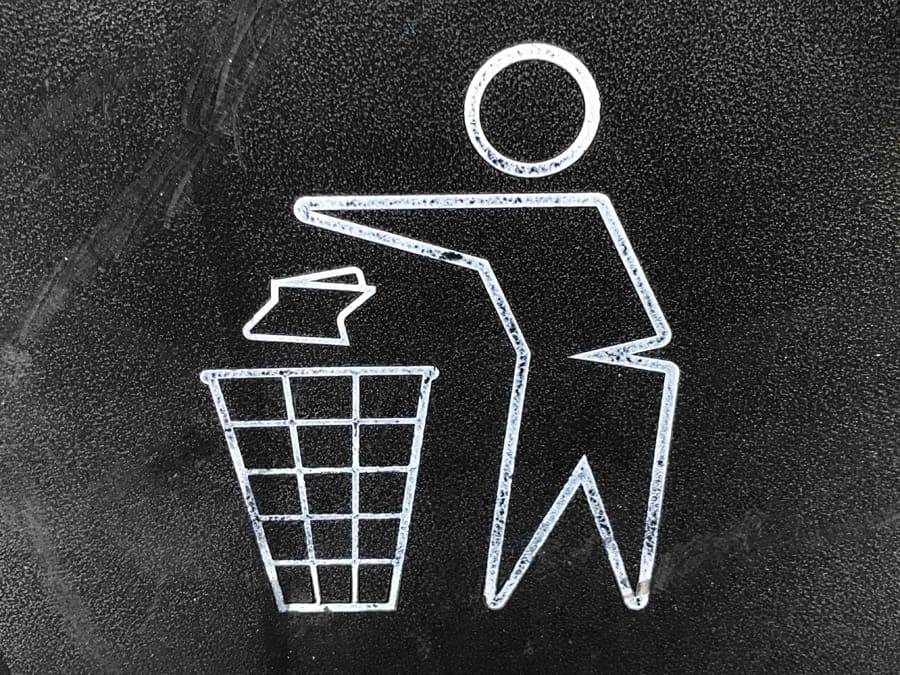
The reality of making everything from scratch
My biggest battle has been making everything from scratch to reducing waste and packaging vs buying healthy products and supporting brands that are doing great things, which also cuts down my time in the kitchen.
I know that most people don’t have as much time on their hands as I do, but even then, I found myself drowning in constant prep to make sure we always had food for work.
Beans, grains and lentils soaking for meals, nuts soaking for milk, veggies ready to make broth with, fermenting vegetables, and soybeans soaking and prepared to make tofu. Those are just some of the things that I’ve been doing.
I started to question my time spent in the kitchen. As much as I love it, with my slight tendency to be anxious, I found it a little more stressful than enjoyable to make it all happen.
I was making tofu, but the process from start to finish just for one small block of tofu that’s eaten in one meal between the two of us just wasn’t justifiable for the time I spent in the kitchen every 1-2 weeks.
We don’t eat that much soy, but if you add up everything else, I spend about 2 hours (sometimes more) in the kitchen every day. Even with that, I don’t consistently have lunch for work prepared or have a complete zero-waste kitchen.
I soon realised that it might not be realistic for me and most others to be entirely zero-waste. That term in itself is very idealistic and far-fetched. We’re as guilty as anyone of using the term. However, if you have the mindset of just doing your best, that’s all you can do.
I’m committed to a minimal waste lifestyle, and this is why when I bought a packet of tofu the other day on my way home from work, I felt guilty. I felt like I had given up and that I had quit making my own tofu.
Because with this lifestyle, when you want to have something on a whim, it’s not that simple. This is why I chose to buy that tofu. I was making dinner that night which suited some simple fried tofu with some tamari.
The key is not to beat yourself up about those decisions. Own it and move on. I guess writing this post is helping me to also come to this realisation that nothing can be perfect 100% of the time.
Find balance
We talk a lot about eliminating what is not essential so we can spend more time doing the things that we love and enjoy. Being in the kitchen is actually becoming that enjoyable space for me more and more. But the penny has to drop somewhere.
I don’t get paid to be in the kitchen (not yet I don’t), and I don’t want it to be all-consuming. I want to continue to enjoy the experience.
So giving myself permission to find balance is so important. Otherwise, it can become an unhealthy obsession just like eating healthy is for some people. I know that feeling, I used to be that person. I now don’t have a problem with eating pizza now and then and having some treats as well.
The thing that brings me back to reality in so many ways is simply taking Chewy out for a walk when it’s bin collection day. People’s bins are overflowing with trash, the birds start pulling it apart, and it becomes this depressing mess.
I get slightly discouraged when I see things like that because it makes me feel like others just don’t care. They don’t think twice about what they buy and consume and where their overflowing rubbish will end up.
Another trigger is walking into the supermarket. Which I do very rarely these days. I peek into people’s trolleys and baskets and gasp. Not only at the packaging but also at what they’re buying with their hard-earned money to fuel their bodies.
The amount of plastic bags that are used, just because they forgot or can’t be bothered to bring in bags from their last purchase or invest a few dollars in a sturdy reusable one. I may sound like a crazy lady—but it’s only because I care!
This is not to say that I judge those people (well maybe a little). I just think that we need to do a better job at educating others around this subject and put things into perspective.
Give them the facts and figures, show them what plastic is doing to mother nature and the animals. Here in Australia, there’s a great show that aired over the last year that has had a massive impact on reducing waste, and it’s created change countrywide. We still have a long way to go, but this show has been a catalyst in many ways for that movement to grow.
Looking inside our bin
We all need to look at our own habits and make a conscious effort to change. To help with that, I hope that you can draw some inspiration from us.
This is the break down of how we achieve next to no rubbish.
As mentioned above, we recycle our soft plastics through a program (very rarely have any, but if we do, that’s where it goes).
All of our food scraps go to a neighbour with a compost bin and a veggie garden. Since we’re vegan, this is where most of our outgoing waste goes. We have buckets that we keep, and then when heading out for a walk with Chewy, we take it past her place.
We’ve been doing this for over six months now, and it’s been great. We don’t have much space in our yard and think that it’s serving someone else better that is committed to composting and growing their own produce. We’ve tried creating a compost bin in the past, but we’re not there at this moment in our lives.
Whatever else we have will either go into the recycling bin, which is typically paper/cardboard type waste or on occasion harder plastic and glass.
Since I buy most of our pantry staples in bulk, and fresh produce at the markets, we don’t have too much left to deal with. It’s made it much easier to have access to these two wonderful resources.
Recycling is our next thing to tackle and see how it can be drastically reduced. It has gone down a lot since closing our online store, but I think we can do better.
Just need to make it an enjoyable, conscious process.
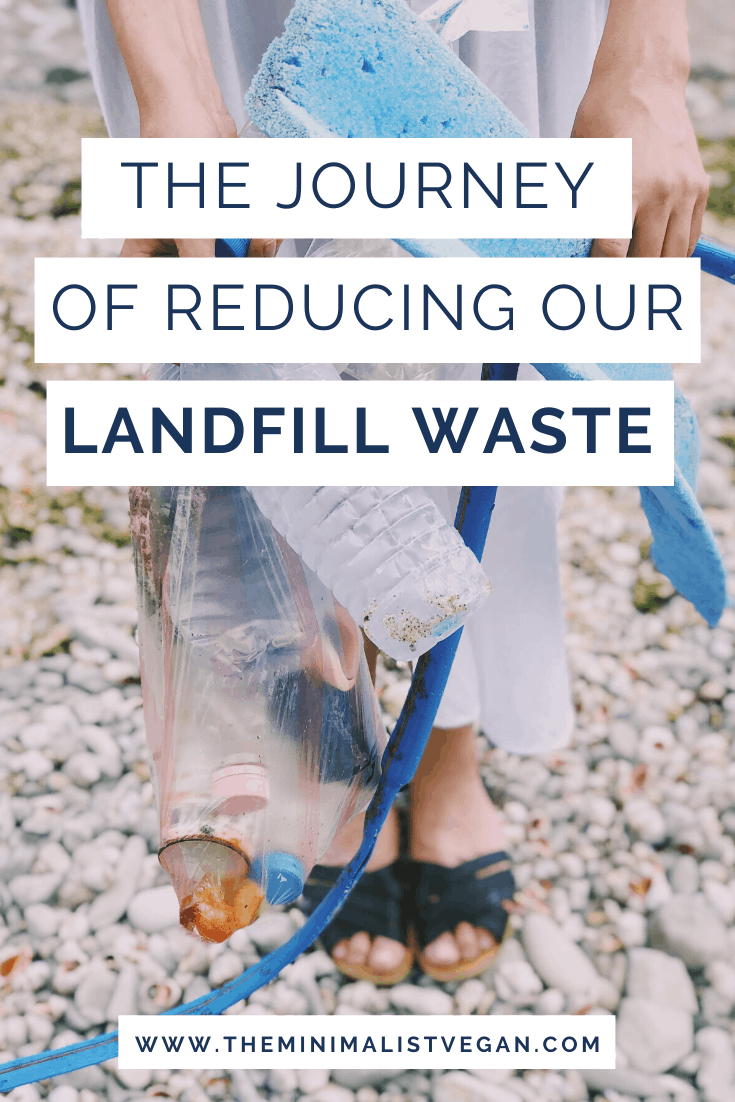

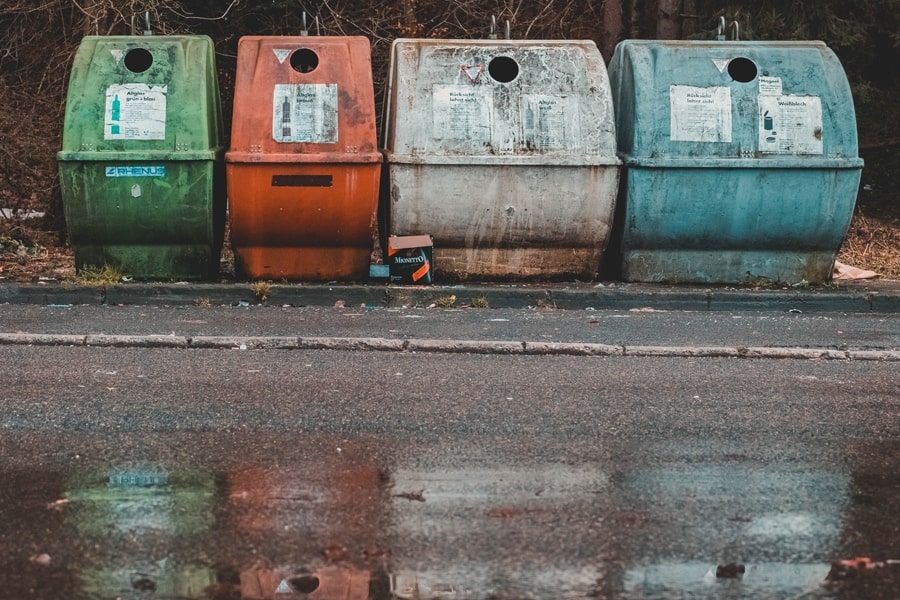
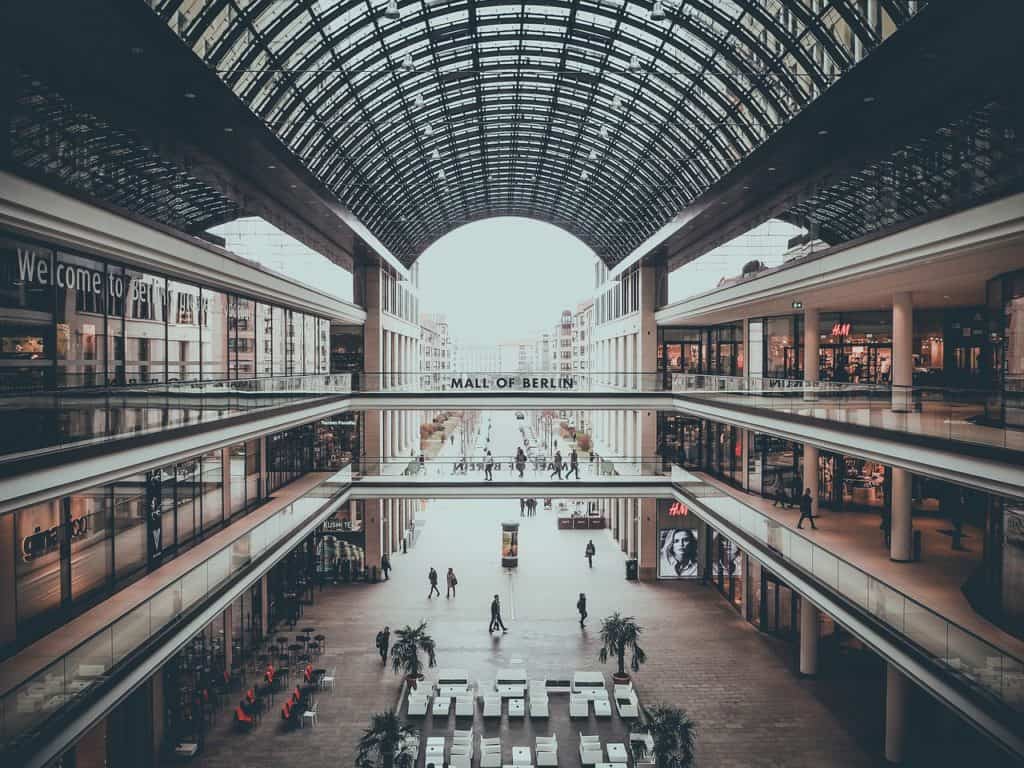
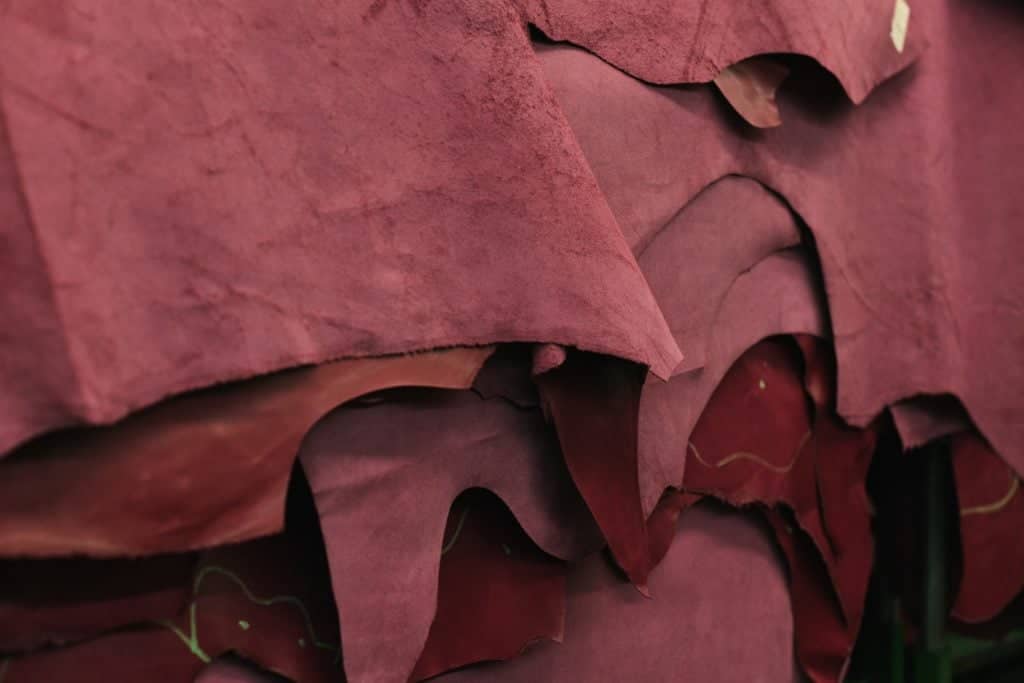
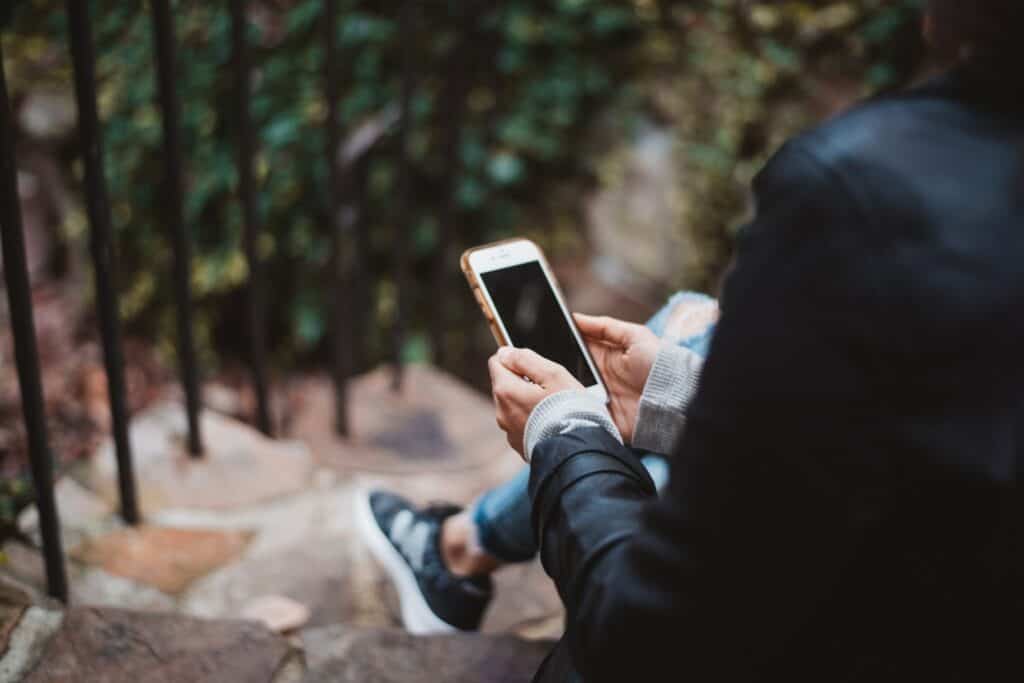
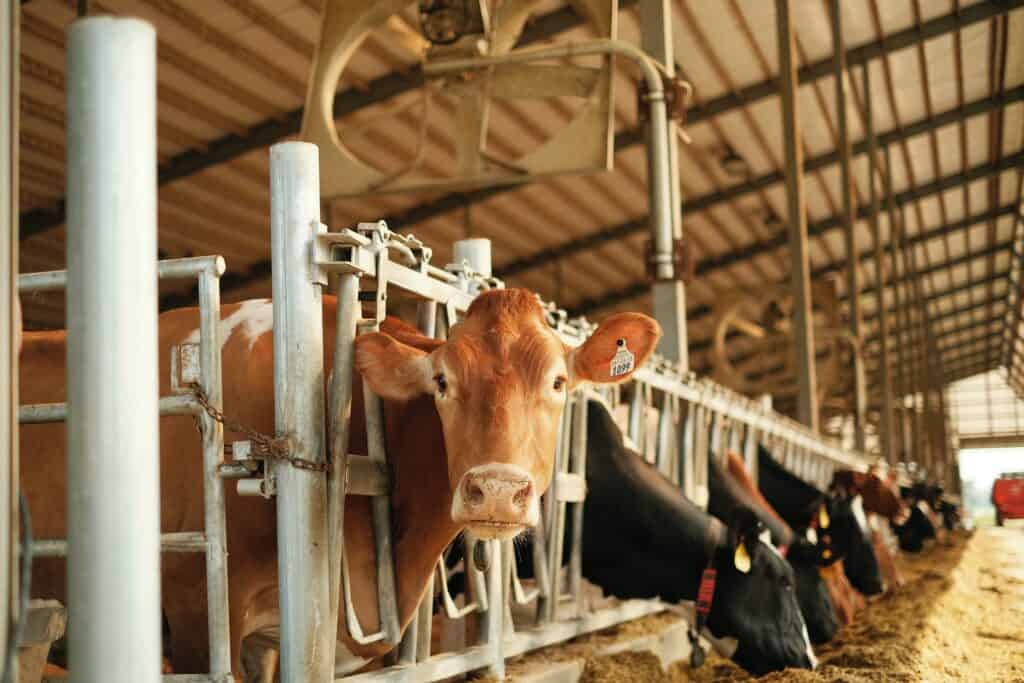
Great article Masa! Thanks for sharing!! I’m so related to you! I’ve felt that exact need to find balance between the guilt of buying or making my own! I’d rather make my own to minimise processed foods and packaging, but then I’d spend too much time kitchen! and not that I don’t love my time in the kitchen but I do 12-hour shift work so it’s not always that practical or realistic as you’ve mentioned!
I’m vegan already, on my way to minimalism & reducing my waste as much as possible. We sort out our bins. We use recycle bin and scrunch soft plastics and take them to Coles and Woolworths. However, here in WA I think the “ban the bag” efforts have to be more strict as “reusable” plastic bags are still available for 15cents! Some people don’t hesitate at all buy them as if the plastic issue was about being able to afford it or not! it is not about affording it but stop using it…
I also tend to have a quick scan on other people’s trolleys (cannot help it at times!) and feel sad when seeing in advance so much future rubbish!
As you said, sometimes I feel dissapointed by looking how others seem just not care! That won’t make me stop doing my part at all, I will always do my best to reduce my impact…
Additionally, I work in a big company that is supposed to comply environmental policies and yet even managers don’t pay much attention to excessive unnecessary plastics, not willing to minimise it, there are recycle bins and I still have had to remind them to use them… one of them being senior environment manager, and the other one studying Environmental Sciences at university! come on! seriously!! I feel soooo frustrated as they should be the most informed, the ones full of awareness that encourage me to care more! 🙁 sorry about the rant! I kind of needed it…
But still, I have hope for the animals and mother Earth!
Thank you Masa!
Hi Vanessa, thanks for your comment.
I can totally understand about the use of the plastic bags, they should be banned altogether, not just sold to people.
It can be frustrating when you see people not caring that should know better, but at the end of the day, all you can do is encourage them (without trying to be annoying, which is hard haha) and doing your bit.
Best of luck in making a positive change in your office. M x
Thank you for your post Masa.
I really don’t like the single use plastic bags from the supermarket. I used to work for a store that handed out plastic bags and it was so sad to see how many we would go through in one day. Some customers would want everything double bagged, or would want everything in a separate bag, or even a bag for something small. And some employees would simply throw out plastic bags that weren’t even used when they started to get hard to open. Fortunately, there are some grocery stores that do not give out plastic bags anymore. Aldi’s and Lidl are two stores in the US that encourage reusable bags because they don’t provide those single-use bags.
I’m not completely waste free, but I am definitely below average. I compost what I can and between me and my wife, we only produce one half-full garbage bag per week.
Some cities in the US have a “pay as you throw” system to reduce waste. In order for your trash to be collected you need to put a sticker on your trash bag, while recycling is free. The stickers cost about 1 dollar in most areas. This discourages unnecessary waste and makes you consider alternatives. Do you have a similar system in Australia?
Hi Dominic, thanks for sharing.
Sad isn’t it? I would go insane having to witness that!
That sounds great! No, I haven’t heard of anything like that here, but we should really implement it. Thanks for sharing your efforts, good on you!
Does anyone have an idea how to recycle stained/torn worn out clothes? We can use only so many rags, and our neighborhood center only takes clean seasonal clothes.
Great question Christy! I would consider making cloth bags for produce out of them or asking online in zero waste groups if anyone needs old/torn clothing for anything. If they are towels, animal shelters will typically take them.
Thank you for this article! I needed it to help with the guilt I feel from making mistakes. I work in the conservation field and practice the big three as well, veganism/minimalism/low waste lifestyle. There are no grocery stores near me that have bulk food and I’m stuck just choosing glass and metal as much as possible. A tip for you if your composting neighbor doesn’t mind, I also take my compost to my office and they take shredded paper as well as cut/ripped up cardboard which helps balance the pH of the compost. Good luck on living a low impact lifestyle!
Thanks for the extra tip Josephine! I’ve actually just joined an organic community garden in my area so will be able to compost all this myself now 🙂